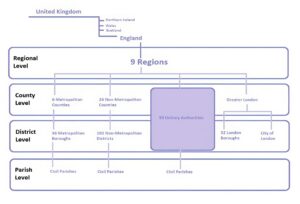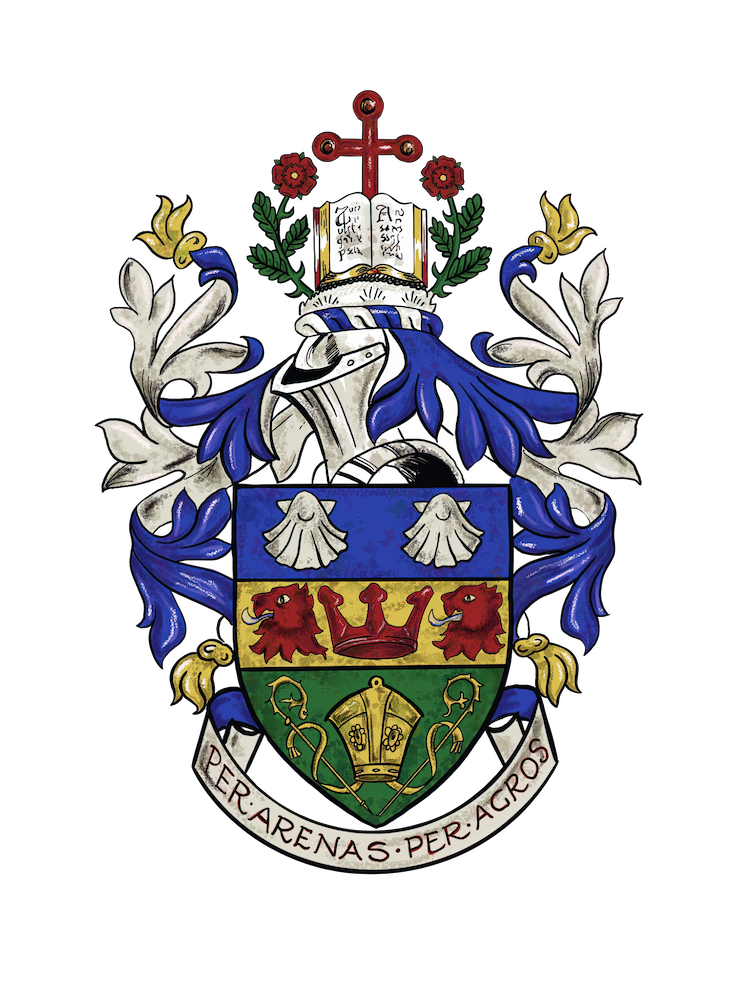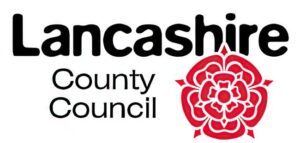Village Information
Understanding Local Councils
Learn how village, city, and county councils operate, what services they provide, and how they work together to support local communities. This page explains the different roles of each council and helps you understand which services are managed by each level of local government.
Understanding Local Councils: Village, City, and County Councils
Local government in England is organised into different layers, each with specific responsibilities to serve residents. Here’s a breakdown of the roles and services provided by village, city, and county councils:

Administrative divisions of England
Village or Parish Councils
What they are
Village councils (sometimes called parish councils) are the smallest form of local government, representing specific local communities, often rural or semi-rural.
Responsibilities
These councils manage local amenities such as village halls, parks, playgrounds, and allotments. They may also look after community events, support local groups, and address small-scale infrastructure needs like benches, notice boards, and bus shelters. Village councils often work closely with larger councils to raise issues of local concern.
Bolton-le-Sands Parish Council
In Bolton-le-Sands, the parish council provides these services to support the needs of the village.
City or District Councils
What they are
These councils govern larger urban areas or groups of towns. They are often called city councils or district councils depending on the region.
Responsibilities
City councils manage services like housing, waste collection, recycling, leisure centres, and planning applications. They may also be responsible for local licensing, street cleaning, and economic development. They play a crucial role in managing urban development and ensuring the effective delivery of services within their areas.
Lancaster City Council
Lancaster City Council manages services for Lancaster and nearby areas, including Bolton-le-Sands. Visit Lancaster City Council’s website.
County Councils
What they are
County councils are responsible for wider geographic areas that cover multiple towns, villages, and sometimes cities. They represent a broader layer of government.
Responsibilities
County councils handle larger, strategic services such as education, social services, libraries, transport infrastructure, highways, and public health. These councils also oversee major road maintenance, schools, and social care services for vulnerable people.
Lancashire County Council
Lancashire County Council manages services for the wider region, including schools, roads, and social services for Bolton-le-Sands. Visit Lancashire County Council’s website.
How the Councils Work Together
Each council operates within its own area of responsibility but often cooperates with others. For instance, village councils can report local issues (like road maintenance) to the county council, while city councils may handle planning and waste collection within the same area.
For more detailed information about how local government works in the UK, visit:


